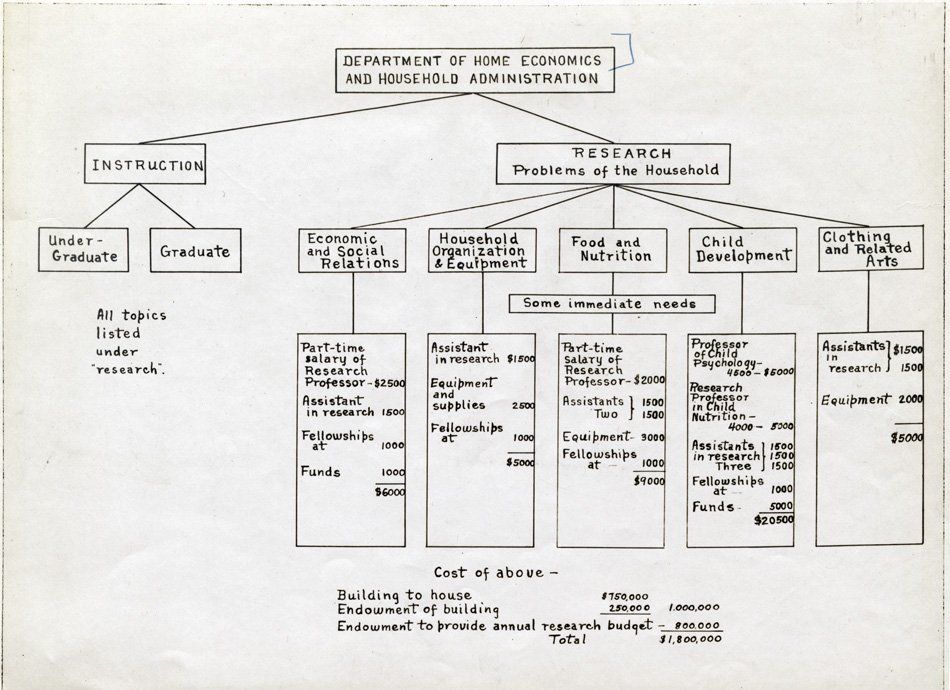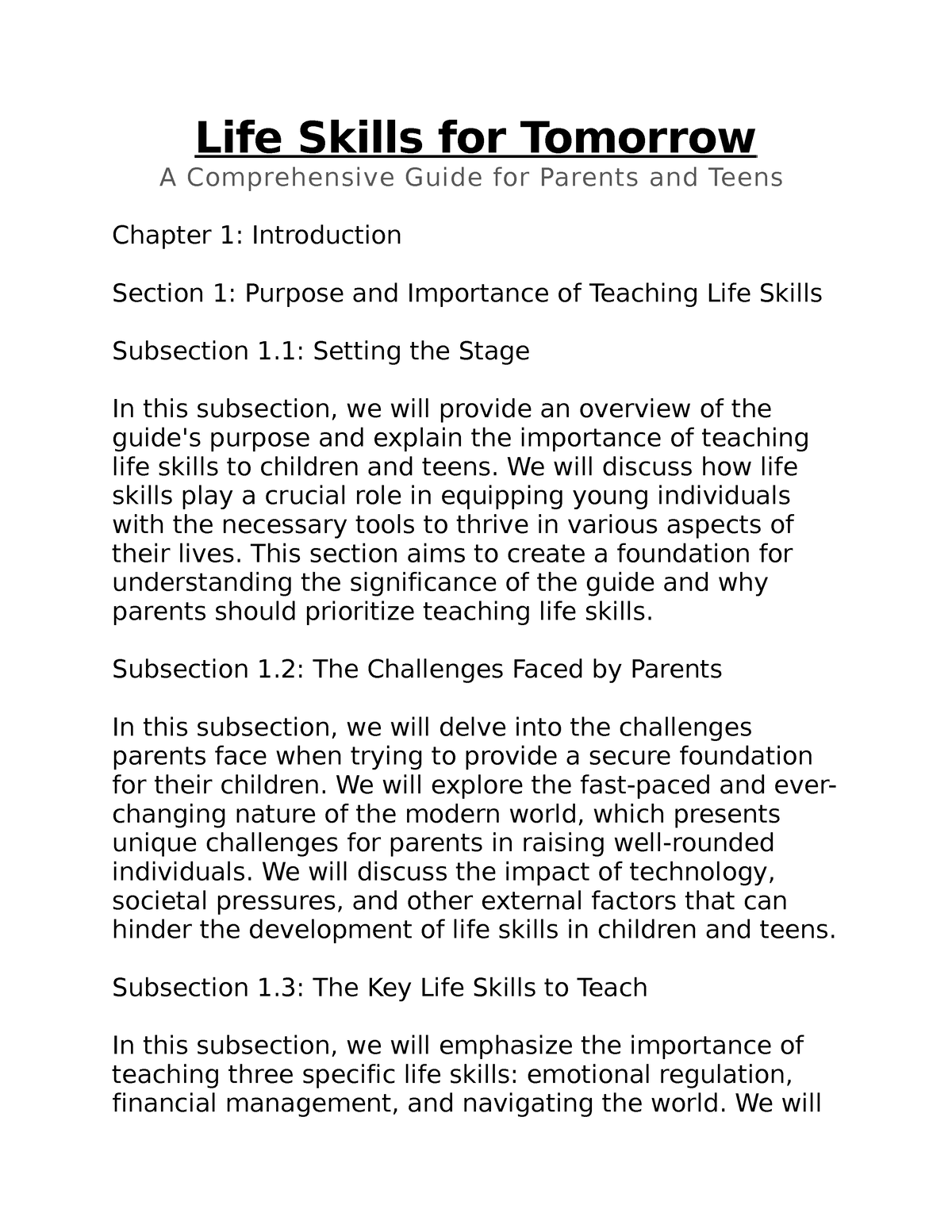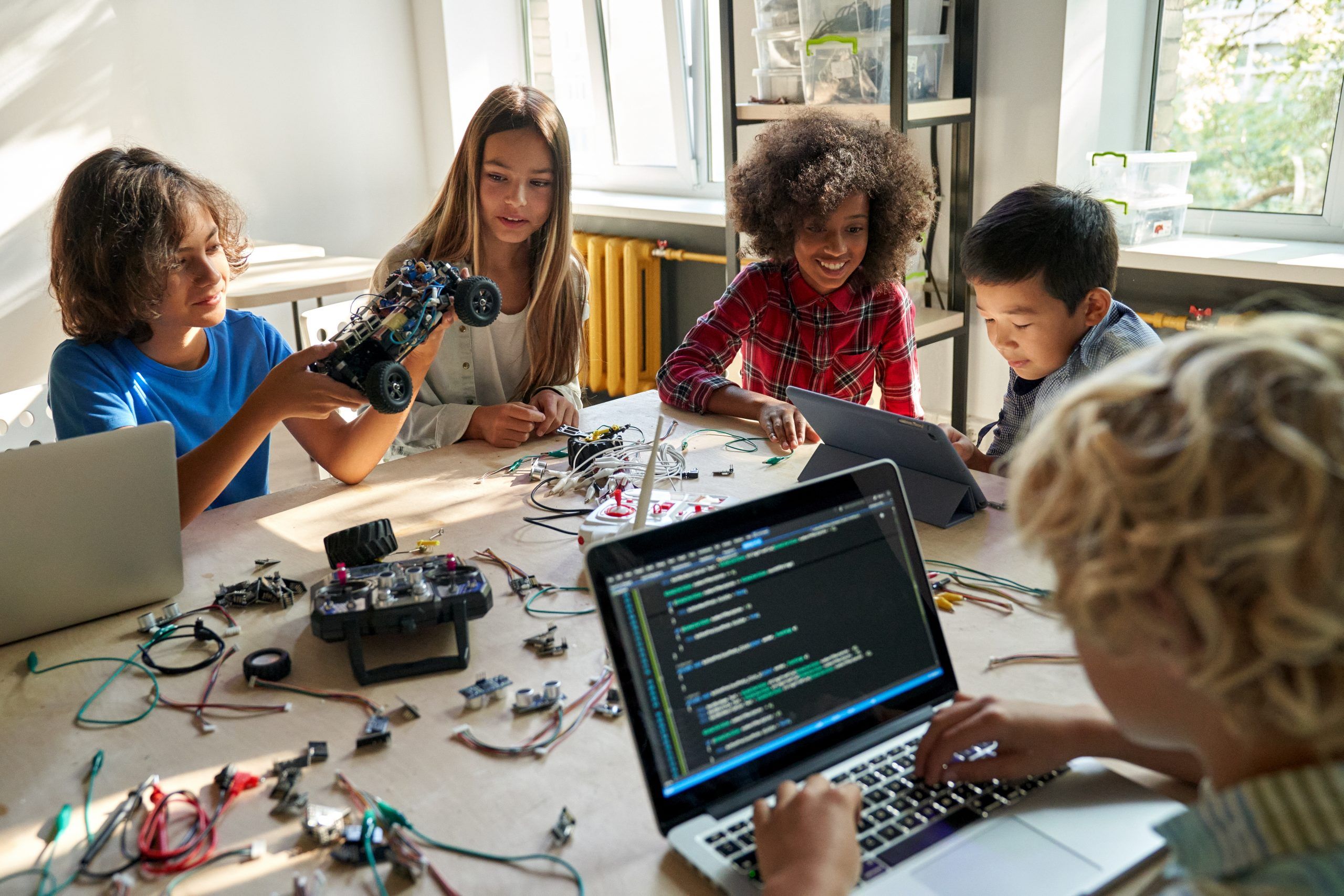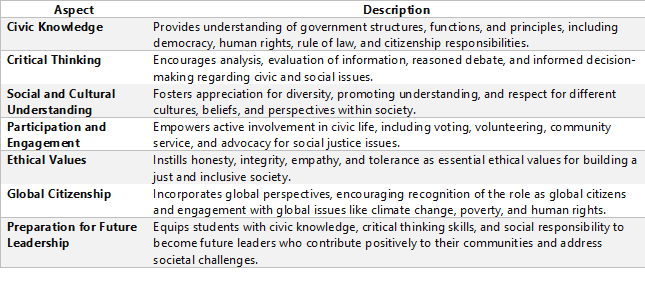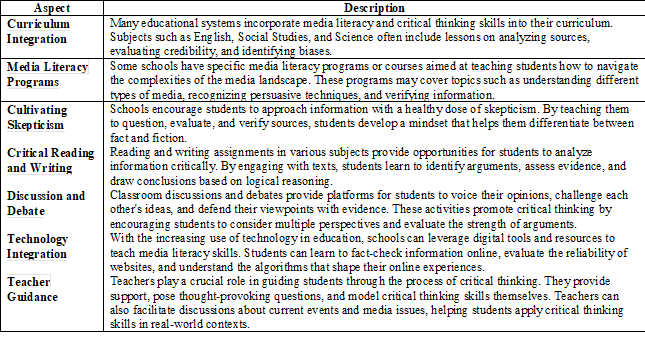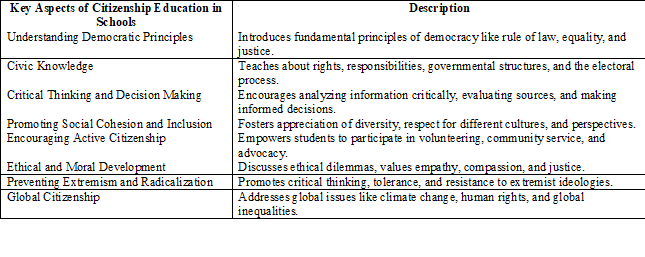Resources for schools on disinformation
How to spot and fight disinformation - a toolkit for teachers
Citizenship education resources
Schools can offer children early democratic experiences, both taught and practical. However, January’s experts, Janis Fifka and Anya Suprunenko from the European Youth Parliament, say that educational institutions often mirror a non-participatory system that inadvertently reinforces passiveness rather than encouraging active engagement. January’s practice article showed how different projects are trying to activate youth participation ahead of the June elections.
A ballot box does not make a house of democracy
Understanding your voice: youth participation in an election year
Our January news articles explored how schools involve children in decision-making in different ways, to ensure that they adopt a democratic mindset, grow into active citizens, and gradually develop a sense of responsibility towards society as a whole.
Acting democratically: Children’s rights and participation in decision-making in schools
Empowering global citizens: integrating social responsibility into school education
We also looked at a European Commission issue paper which highlights the main the policy-level challenges in the teaching and content of citizenship education across Europe.
Spotlight on citizenship education policy and practice
Our final articles discussed the importance of digital citizenship skills and teaching critical thinking skills from an early age. Our tutorial goes further into the topic by looking at how these skills contribute to media literacy – essential in this European election year.
Raising the responsible digital citizens of tomorrow
Critical thinking: A life skill in the internet era
The importance of media literacy in democracy’s big year
Guidelines for teachers: Tackling disinformation and promoting digital literacy
You can learn more about citizenship education by rewatching our webinar on global citizenship education, or by following our recent short self-paced learning course on digital citizenship education.
Exploring global citizenship in the curriculum
Digital citizenship education and democratic participation
"Empowering students through engaging education, fostering environmental consciousness, and advancing scientific literacy. Committed to shaping future leaders in Life and Earth Sciences."

